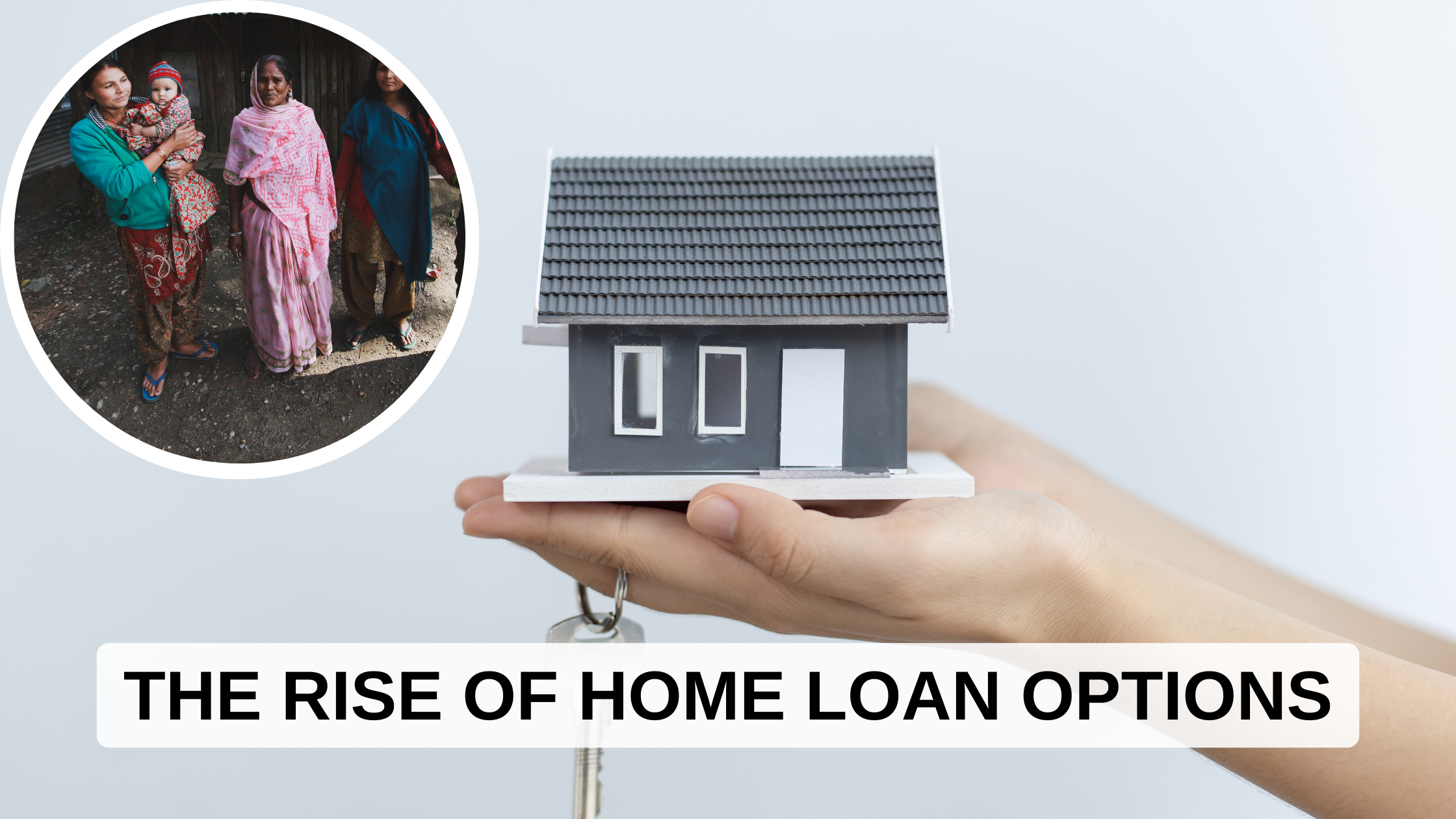A home loan is a very important financial decision. If you’re looking to buy your own home, or if you are simply looking for a way to invest in property and have some cash flow coming in from it, then this article will provide the information that you need. Read on below for the top 5 things you need to know about applying for a home loan!
1. What is the best time to start the process of applying for a home loan?
The best time to start the home loan process was yesterday and the next best time is today. The reason for this is that knowing your loan eligibility, the expected EMI for the home you would want to buy, and the time it will take to get the loan processed will help you plan your purchase or construction better. Ideally, the right time is once you have saved enough money and are sure about wanting to buy a home. This will help make your application successful with minimal or no delays.
The mistake that some people end up making when applying for a home loan is that they wait to finalize a deal for a plot or a house or an apartment, and only after giving the down payment or token payment for the property, do they start the home loan process. This causes several challenges in terms of timelines and sometimes they borderline miss the deal altogether.
Always remember that your home loan process can take anywhere between 1 week to 3 months, depending on how ready you are with the property documentation, with income documentation, for both you and your co-applicant. The speed of the home loan process is usually dependent on the home loan applicant, i.e. you.
2. What is the process for applying for a home loan with Shubham?
The process for applying for a home loan with Shubham Housing Finance is a very simple one. Just connect with us in any of the 6 possible ways to connect with Shubham, and let us move the process forward from there.
How the process works typically is as follows:
You can contact Shubham Housing Finance on our toll-free phone number 1800-258-222-5, our Whatsapp number +918076241122, Email us at customercare@shubham.co , or you can share your full name, phone number, email id, the city you are from, and the loan amount you need, through this form and our team will get in touch with you at the earliest.
Once the Shubham team has contacted you, we will get some basic information from you, such as:
- Location of the property
- Ownership details of the property
- KYC details of the loan applicant or co-applicants
- Your employment type and income, other liabilities, etc.
Basis the above information, the Shubham Loan Officer will pre-check your loan eligibility and then visit your home for a personal discussion.
Once this is done, your loan application is logged in for further processing. Subsequently, our team verifies them before uploading these on the system for final approval. When the file is ready it gets reviewed by senior executives who approve or decline a home loan application based on their experience & expertise in underwriting business along with regulatory guidelines binding each type of home loan.
Once approved, funds are disbursed into the applicant’s or sellers bank account through NEFT/RTGS. The EMI amount is also communicated and the deduction of the same starts from the first month itself.
3. What is the best interest rate offered by Shubham for a Home Loan?
Like any government-registered housing finance company, Shubham undertakes a detailed credit check, including the various credit scores such as CRIF, etc. to determine every loan applicant’s income, expense, current, and future financial responsibilities, etc. Basis the profile and the risk assessment, Shubham then provides the loan linked to the appropriate interest rate for the given risk profile. What this implies is that while some customers may get a low-interest rate, as they have a good credit profile, some others who don’t have a good credit profile or don’t have any credit profile at all, may get a higher interest rate.
However, while customers tend to consider only the interest rate as a benchmark of the desirability of a home loan, there are several other factors to be considered. For example:
There is an additional risk that any Housing Finance Company underwrites when lending to customers who are self-employed or those with cash-only income since cash incomes can be disrupted. For example, for someone making a living from running a shop, even heavy rain or storm can disrupt their business for days or weeks. Traditional banks shy away from underwriting this risk whereas housing finance companies such as Shubham have this customer segment included in their mission.
Any negative effect of a higher interest rate can be offset with a longer duration loan, thus allowing the customer to keep the EMIs on the lower side and thus manageable.
If you continue living in a rented house and shy away from taking a home loan because friends and family suggested that “interest rate is high” then you are paying 10% more rent every year which, not counting the cost of relocating when the lease is over and the loss of interest on varying security deposits, ends up amounting to a much higher expense on having a home. This also does not give you any savings or advantages in the long run.
What is important to consider, however, are the following points:
In India, the most important thing is to take a home loan from a Housing Finance Company which is registered with the National Housing Bank governed by the Reserve Bank of India.
Having a manageable EMI which takes into account your savings, your other responsibilities such as children’s education or marriage, and also future changes in your income is the most important thing when considering a loan for yourself.
If you meet all the criteria for a home loan eligbility, your home loan company may also be able to help you get the interest subsidy under the Pradhan Mantri Awas Yojana (PMAY-CLSS). This is a Government of India scheme that offers interest under construction linked subsidy scheme to all families buying their first home.
Your home loan should come with a life insurance cover and an accident insurance cover to ensure that in the case of any eventuality that leads to loss of life or disability for the main loan applicant, they and their family can continue owning and living in the home that they have bought and paid for with their hard work and sweat.





.jpg)








